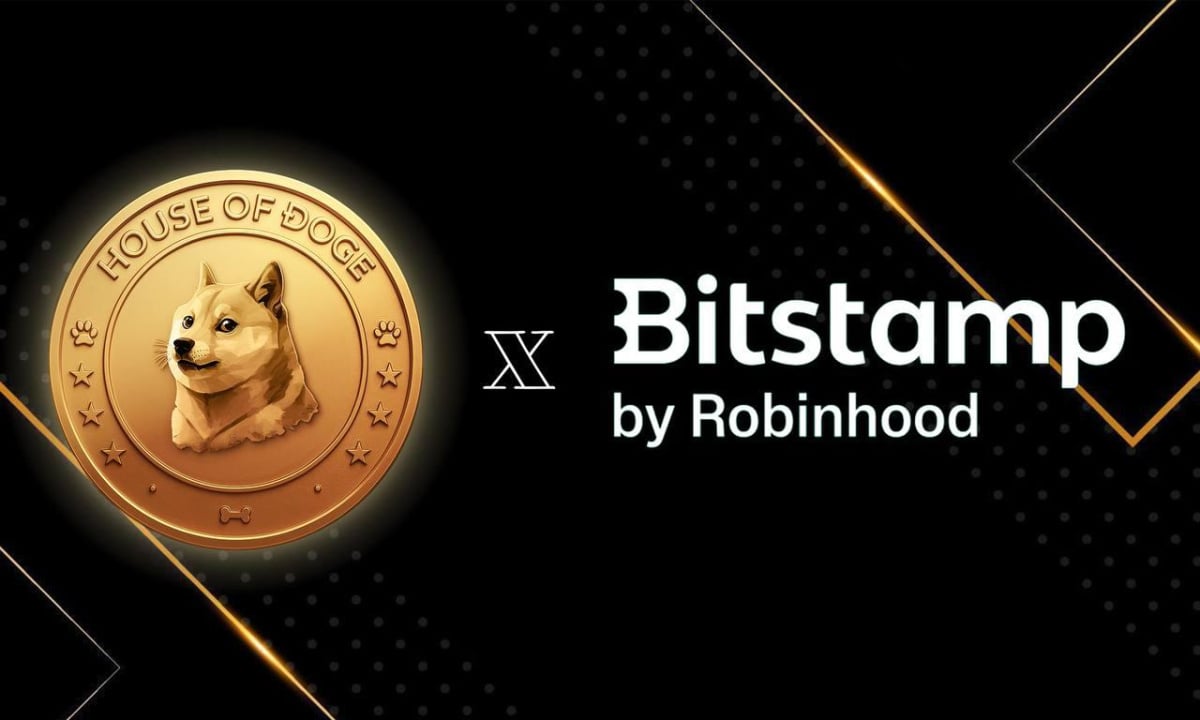Utility tokens play a crucial role in the cryptocurrency ecosystem by offering specific functionalities within blockchain platforms. Unlike traditional cryptocurrencies like Bitcoin, utility tokens are designed to be used within the framework of a particular project, thus providing varied utilities to users.
Simple definition
A utility token is a digital token issued on a blockchain, used to access specific services or products within the ecosystem of a particular project.
Advanced definition
Utility tokens are digital assets created on blockchain platforms, mainly as part of crowdfunding projects (ICO). These tokens allow users to access specific features, services or products offered by the issuing project. Unlike security tokens, which represent a stake in a company, utility tokens have no intrinsic value outside of the ecosystem for which they are designed.
Economic and Social Importance
Utility tokens play an essential role in the digital economy by facilitating the creation and use of decentralized services. They allow developers to fund their projects while providing ways for users to interact with the platform. Utility tokens stimulate innovation by enabling the creation of new business models based on blockchain. However, their use raises questions about regulation and consumer protection, because their value can be subject to great volatility.
History of Utility Tokens
Getting Started with Ethereum
The utility token concept took off with the creation of Ethereum in 2015. Ethereum introduced smart contracts, allowing the creation of custom tokens via standards like ERC-20. These tokens are used for various applications, from decentralized applications (dApps) to decentralized finance (DeFi) platforms.
Market Development
Depuis l'introduction d'Ethereum, le marché des utility tokens a connu une croissance exponentielle. De nombreux projets ont émergé, chacun proposant des solutions innovantes et des utilités variées. Par exemple, le Basic Attention Token (BAT) est utilisé pour récompenser les utilisateurs et les créateurs de contenu dans le navigateur Brave.
Characteristics of Utility Tokens
Accessibilité et Utilité
Utility tokens are easily accessible through cryptocurrency exchanges and can be used immediately to access specific services on their original platform.
Liquidity
The liquidity of utility tokens depends on their adoption and the activity of their secondary market. Some tokens enjoy high demand, making it easier to exchange them for other cryptocurrencies or traditional currencies.
Security and Regulation
The security of utility tokens is ensured by blockchain technology, but they remain vulnerable to cyberattacks and fraud. Regulation of utility tokens varies by jurisdiction, with regulations constantly evolving to protect investors and ensure transparency.
Advantages and Disadvantages of Utility Tokens
Advantages
- Accessibility: Utility tokens provide easy access to innovative services on blockchain platforms.
- Innovative Financing: They allow projects to raise funds without going through traditional financing methods.
- Engagement des Utilisateurs : Les utility tokens incitent les utilisateurs à participer activement à l'écosystème du projet.
Disadvantages
- Volatility: The value of utility tokens can be very volatile, which can pose risks for investors.
- Uncertain Regulation: Fluctuating regulations can create uncertainty for token issuers and holders.
- Risque de Fraude : Le manque de réglementation stricte peut conduire à des projets frauduleux ou mal gérés.
Exemples de Utility Tokens
Ethereum (ETH)
Although primarily known as a cryptocurrency, ETH is also used as a utility token to pay transaction fees and execution of smart contracts on the Ethereum blockchain.
Binance Coin (BNB)
BNB is used on the Binance platform to pay discounted transaction fees and to participate in token offerings on Binance Launchpad.
Chainlink (LINK)
LINK is used to pay for the services of decentralized oracles that provide external data to smart contracts on various blockchains.
Impact of Utility Tokens on Different Sectors
Finance
Utility tokens are at the heart of decentralized finance (DeFi), offering financial services without a traditional intermediary.
Technology
Ils permettent le développement d'applications décentralisées (dApps) qui peuvent révolutionner divers secteurs, de la santé à la logistique.
Company
Utility tokens can contribute to a more inclusive economy by allowing more people to access innovative financial and technological services.
Conclusion and Future Perspectives
In conclusion, utility tokens represent a major innovation in the world of cryptocurrencies and blockchain. They offer endless possibilities for creating decentralized services, but pose regulation and security challenges.
Future of Utility Tokens
The future of utility tokens looks bright with growing adoption and new applications emerging. However, it is crucial to find a balance between innovation and regulation to ensure their sustainable and secure development.
FAQs
What is a utility token?
A utility token is a digital token used to access specific services or products within the ecosystem of a blockchain project.
How do utility tokens work?
They work by allowing users to access specific functionality on a blockchain platform, often using smart contracts.
What is the difference between a utility token and a security token?
Utility tokens provide utility within a specific platform, while security tokens represent ownership in a company and are subject to strict financial regulations.
Why are utility tokens important?
They make it possible to finance innovative projects and create decentralized services accessible to a wide audience.
What are the risks associated with utility tokens?
Risks include price volatility, regulatory uncertainty and the potential for fraud or cyberattacks.










